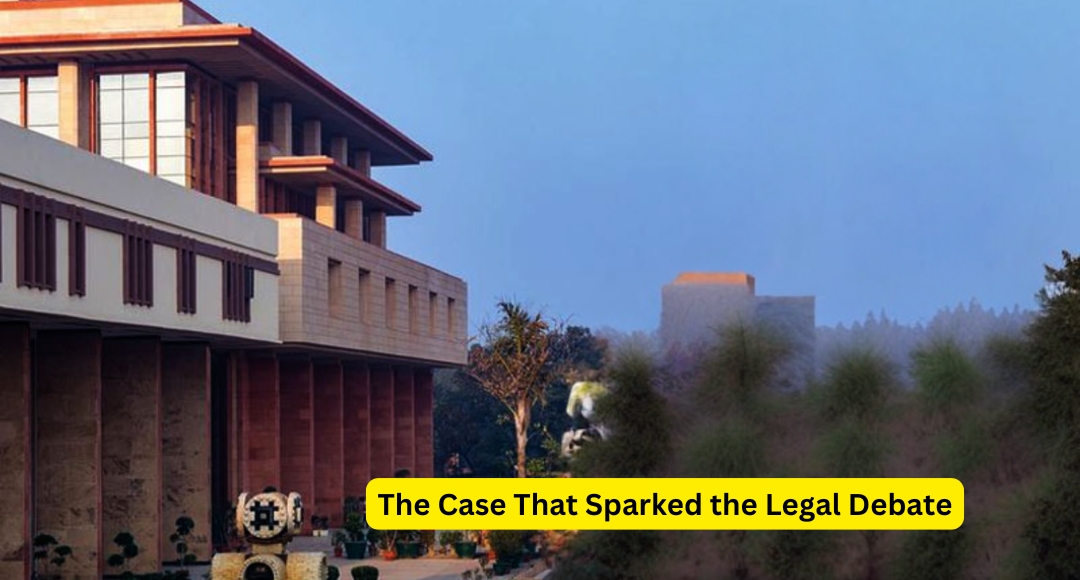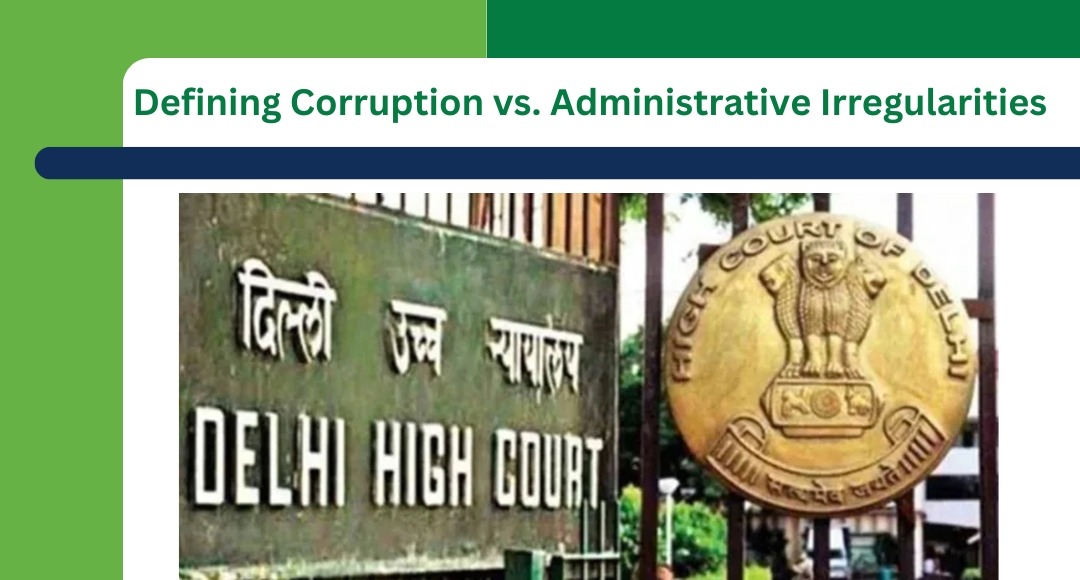We often hear about corruption cases and inquiries against officials, but what happens when an anti-corruption body’s jurisdiction is questioned? A recent case involving the National Productivity Council (NPC) has brought this issue to light, as the Delhi High Court has stepped in to stay Lokpal proceedings against its officials. This legal battle raises important questions about the limits of Lokpal’s authority and whether administrative lapses can be treated as corruption.
The Case That Sparked the Legal Debate
It all started with a complaint filed before the Lokpal, alleging that certain promotions within the NPC were granted arbitrarily, without following the correct procedures. The complainants claimed these promotions violated norms and demanded an inquiry. However, the officials under scrutiny argued that the case was not about corruption but merely administrative decisions.

The petitioners took the matter to the Delhi High Court, challenging the Lokpal’s jurisdiction. They insisted that the allegations did not involve financial misappropriation or bribery key elements required to classify an offence under the Prevention of Corruption Act, 1988. According to them, the Lokpal was exceeding its authority by initiating proceedings in a matter that fell outside its legal scope.
The Legal Argument Does the Lokpal Have the Power?
A major point of contention was whether the NPC falls under the category of a “public authority” as defined by the Lokpal and Lokayuktas Act, 2013. The petitioners’ counsel strongly argued that it does not and that the complaint did not contain any real charges of corruption. They also pointed out that rejecting their initial objection went against legal principles governing jurisdiction. The High Court took these arguments seriously, emphasizing that jurisdiction is a fundamental issue that must be clarified before further legal action. The Delhi High Court observed, “The scope of Lokpal’s jurisdiction cannot be extended beyond the mandate of the statute. A mere allegation of irregularity in administrative decisions, without substantiating an element of corruption, does not ipso facto confer jurisdiction upon the Lokpal.”
A Temporary Relief for NPC Officials
Recognizing the need to settle the jurisdiction question first, the Delhi High Court ordered a stay on the Lokpal’s proceedings. The Court made it clear that no coercive action should be taken against the petitioners until the next hearing. This decision offers temporary relief to the NPC officials, but the final ruling will determine the true extent of the Lokpal’s authority in such matters.
Defining Corruption vs. Administrative Irregularities

This case is significant because it highlights the fine line between corruption and administrative mismanagement. While corruption needs to be tackled with strict legal action, it is equally important that anti-corruption bodies do not overstep their jurisdiction. If every administrative lapse is treated as corruption, it could lead to unnecessary legal battles and dilute the real fight against fraud and bribery.
What’s Next?
With the case now awaiting further hearing, the legal community and policymakers will be watching closely. If the Delhi High Court rules in favour of the petitioners, it could set an important precedent in defining the Lokpal’s role more precisely. On the other hand, if the Lokpal is allowed to proceed, it may signal a broader interpretation of its powers. For now, the question remains—should the Lokpal investigate only corruption, or does it have the authority to probe into administrative irregularities as well? The answer will shape the way anti-corruption laws are applied in India.
Disclaimer: This article is for informational purposes only and does not constitute legal advice. The case is still under judicial consideration, and final rulings may change the legal perspective. Readers are encouraged to follow official legal sources for the latest updates.
Also Read:
Evolution and Scope of Administrative Law
Supreme Court Slams Overpriced Lawyers: Justice Must Be Accessible to All
Comprehensive Law of Torts Notes: Key Principles and Case Studies






